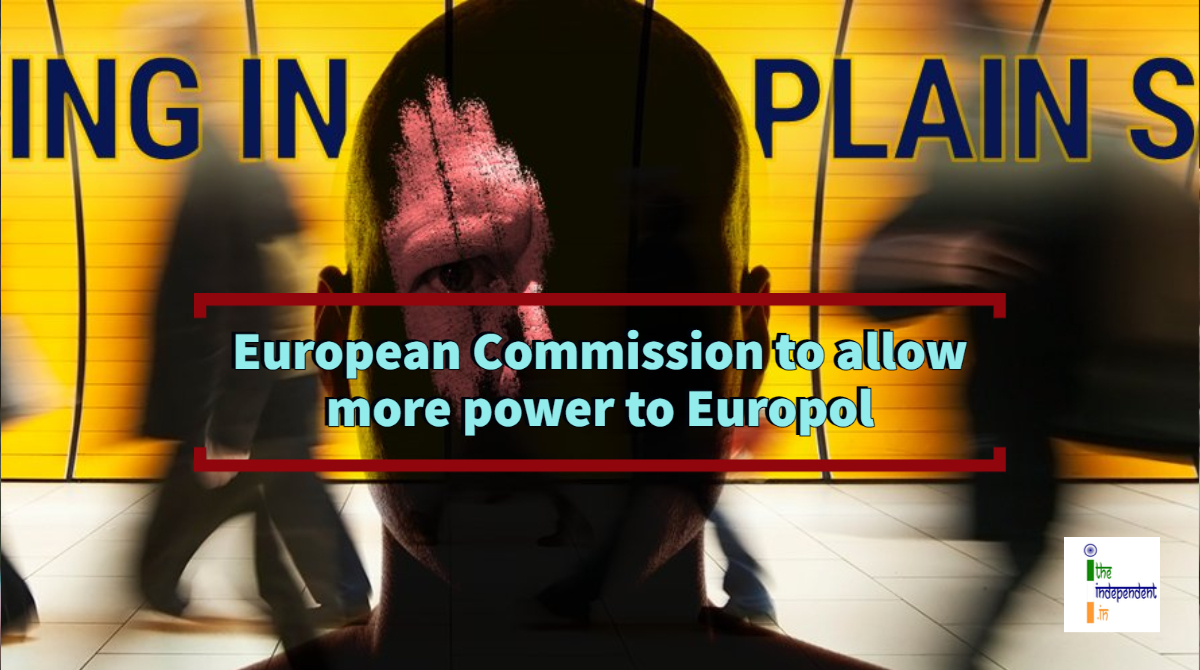
The Europol regulation will allow Europol to step up its support to Member States in fighting serious crime
The European Council and the European Parliament have reached a provisional agreement on a draft regulation amending the Europol regulation which will allow Europol to step up its support to Member States in fighting serious crime, terrorism and tackling emerging security threats.
Europol is the law enforcement agency of the European Union (E.U.). It has contributed significantly to the dismantling of criminal networks operating via encrypted communication networks.
With the new regulations, Europol will be able to cooperate effectively with private parties. The new updates also allow Europol to develop new technologies that match law enforcement needs. These changes come with a reinforced data protection framework as well as stronger parliamentary oversight and accountability. The provisional agreement is subject to approval by the Council and the European Parliament before going through the formal adoption procedure.
Speaking on the occasion, the Vice-President for Promoting our European Way of Life – Margaritis Schinas said, “Europol is a true example of where EU action helps protect us all. Today’s agreement will give Europol the right tools and safeguards to support police forces in analysing big data to investigate crime and in developing pioneering methods to tackle cybercrime. We are and will continue delivering on the Security Union.”
Taking it to twitter, Schinas tweeted,
Europol is a true example of a Europe that protects.
— Margaritis Schinas (@MargSchinas) February 1, 2022
Today’s agreement on a stronger mandate will give @Europol the right tools for police forces to investigate crime and tackle cybercrime.
We are and will continue delivering on the Security Union. https://t.co/h3o8NLpxff pic.twitter.com/GpjXKFme8r
Sharing her thoughts, the European Commissioner for Home Affairs – Ylva Johansson tweeted,
Good news for the fight against crime in Europe!
— Ylva Johansson (@YlvaJohansson) February 1, 2022
Today in Brussels @Europe2022FR and @Europarl_EN agreed a new and stronger mandate for @Europol #SecurityEU #Europol @EUCouncilPress @EP_Justice pic.twitter.com/dRUS7omOdS
As per the new mandate, Europol can cooperate with private parties, in full compliance with strict data protection requirements. Terrorists often abuse the services provided by private companies to recruit volunteers. Under its revised mandate, Europol will be able to receive personal data directly from private parties and analyse them.
Member States cannot always detect cross-border links through their own analysis of the data. Under the draft regulation, Europol will be able to process large and complex data sets to support member states in their fight against serious crime and terrorism. Europol will also support Member States in the processing of data transmitted by third countries or international organisations and may propose that Member States enter information alerts in the Schengen Information System (SIS).
Europol should work closely with European Public Prosecutor’s Office (EPPO) and support the investigations of the EPPO. Europol should also report to the EPPO without delay any criminal conduct which falls under the EPPO’s competence. Another important role for Europol is supporting research and innovation in identifying new technology needs for law enforcement.
The new mandate will allow the Executive Director of Europol to propose opening a national investigation into non-cross-border crimes affecting a common interest covered by an E.U. policy.







